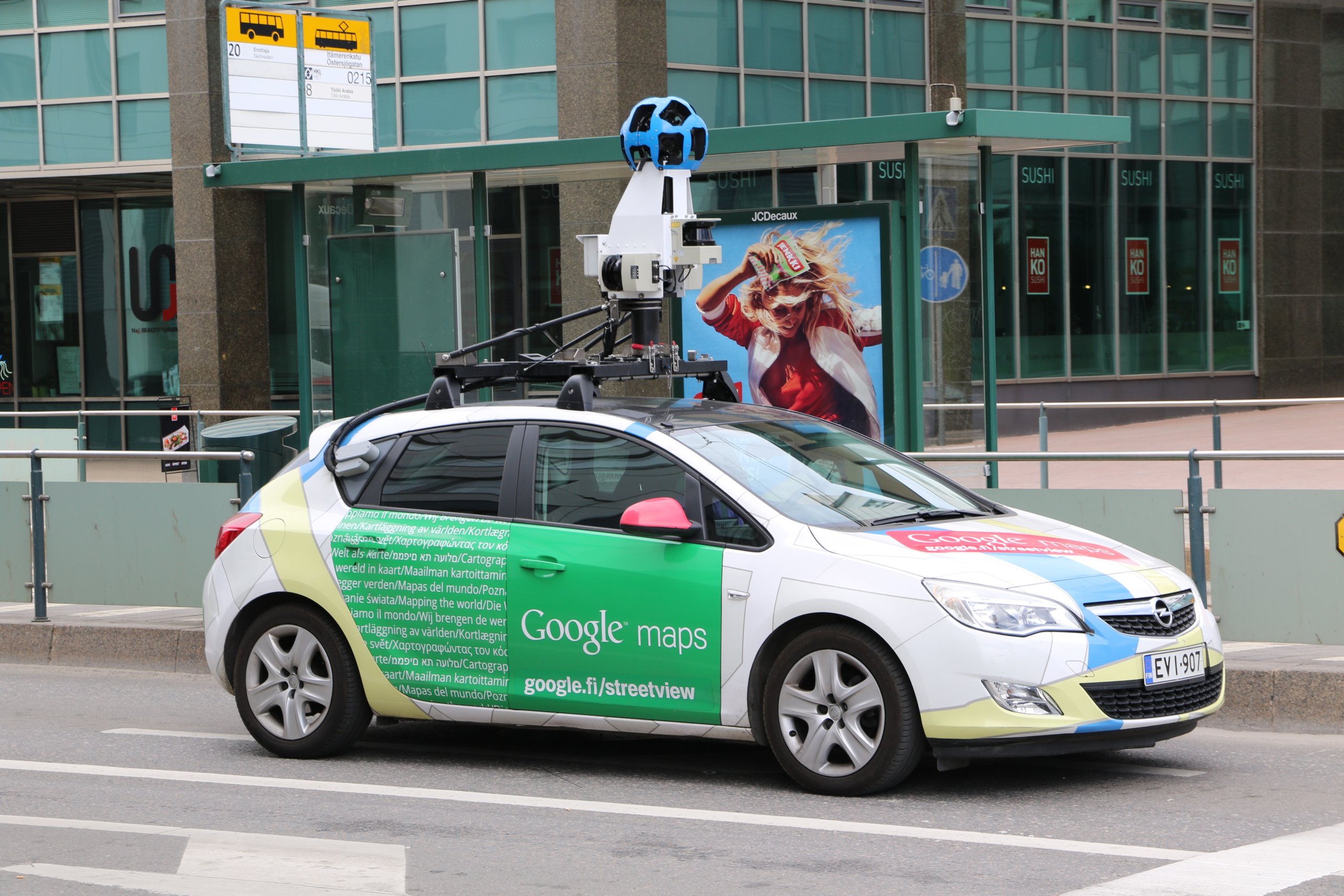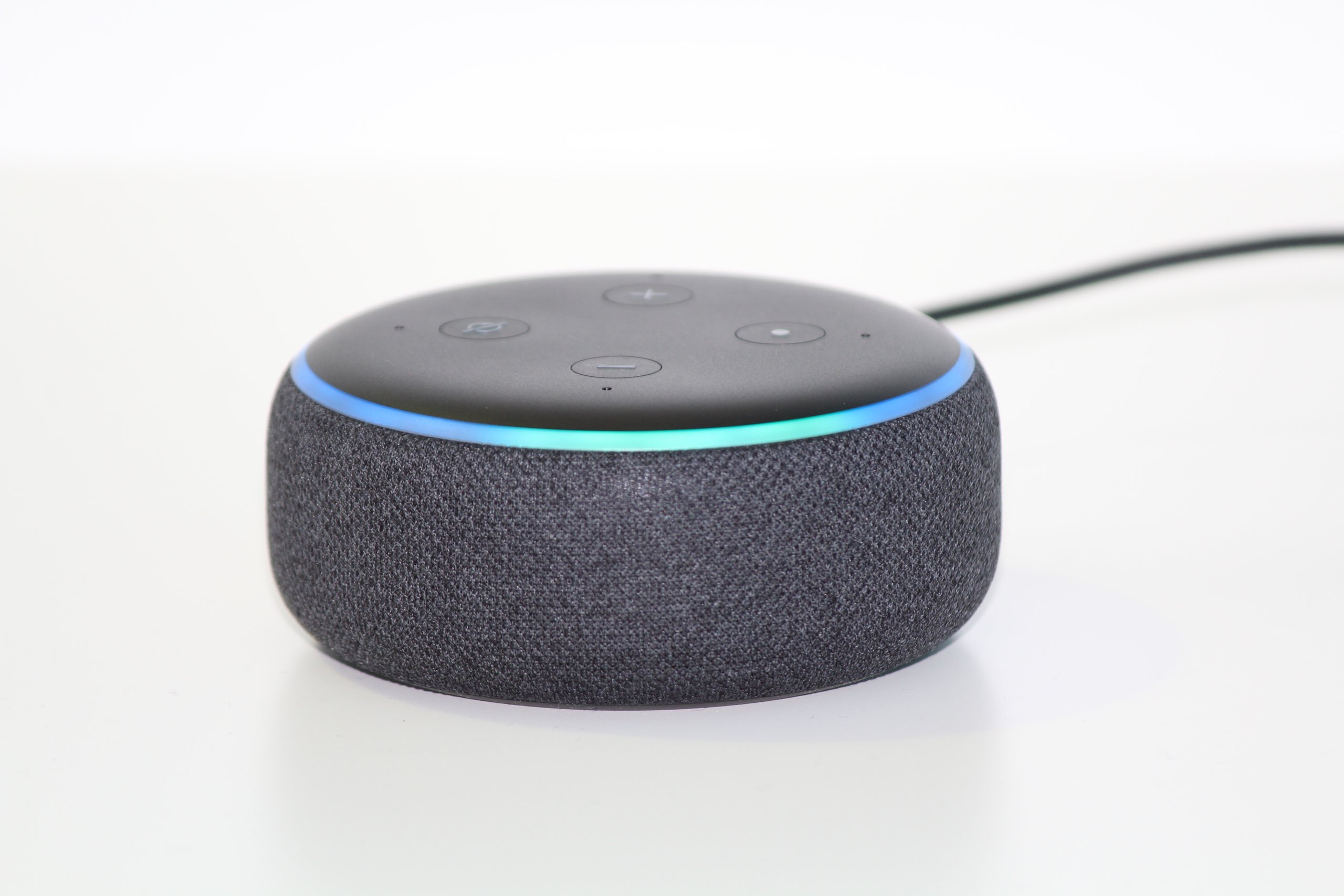
Emerging technologies like artificial intelligence (AI) have gone worldwide—and are now helping you do the same.
Before, it was common to only hear of new developments in San Francisco and other hubs. But travel companies all over the world are now leveraging recent tech advancements to bring you a better experience and secure themselves a spot in the future of the industry.
Outpacing the Competition With Tech
Expedia is using AI-powered facial recognition to gauge your emotions as you go through the hotel room booking process. Swiss business MSC Cruises has created a virtual assistant to answer its passengers’ questions. And the Gettys Group, a boutique design firm, is showing hotel executives possible new room layouts with virtual reality (VR).
Why are so many travel companies doubling down on AI development and other new technologies? Because it’s allowing them to gain unprecedented insight into what customers want. In turn, it allows these organizations to discover more efficient, cost-effective ways to improve their experience and offerings.
Competition in the travel industry is extremely tough. And any advantage could be the saving grace a company needs to not only survive but thrive in the coming years. In short, these tech benefits are no longer nice-to-haves; they’re necessities.
As Alex Susskind, the Cornell School of Hotel Administration’s Associate Dean of Academic Affairs, puts it, these companies “need these mechanisms to reach their target markets. They need to know who wants to see pictures before they buy, who decides mainly on price, who likes to speak to someone,” among many other factors.
Keeping Track of Priorities
Tammy Snow is Expedia’s director of UX research. She says researchers still rely on old tools of the trade such as surveys, product testing, and data analysis. But technology is changing the way they use them: “What has shifted significantly is how we are combining technology and methodologies.”
To see this in action, look no further than Snow’s product-testing lab at Expedia’s HQ near Seattle. Her research group regularly has potential travelers sit in front of a computer and go through various travel purchasing processes like booking a flight or planning a vacation. Next door, researchers are analyzing various aspects of the experience with software.
They have eye-tracking software which shows where subjects are looking. And they also have emotion-tracking software that plots points on the person’s face and tries to identify their emotions. For example, if a test subject is showing clear signs of frustration, researchers can then pinpoint what part of the experience caused this.
Alex Hopwood, Expedia’s director of product management, says this tech “is almost like a slap in the face — in a good way. We get so close to a feature that we start making assumptions and think we know what the customer wants.” But the emotion-tracking software helps ground the company’s customer perspective in reality.
Assisting Passengers With AI
Imagine having your very own AI assistant on your next seafaring voyage. That’s exactly what MSC Cruises is aiming to do with Zoe, a new virtual assistant that will answer any of your spoken questions in the comfort of your own passenger cabin.
Currently, Zoe can answer 800 common questions regarding onboard restaurants, available excursions, and more. These queries were collected from MSC Cruises’ guest services and staff members on the company’s ships. To understand different accents, Zoe was trained by the voices of 400 different people.

Any questions that can’t be answered or need to be asked multiple times are sent to Zoe’s researchers who then add appropriate answers for the next iteration. In this way, Zoe continuously improves with each interaction it has. “It’s a never-ending process,” explains Luca Pronzati, MSC Cruises’ chief business innovation officer. “As more people use the system, the pool of data gets larger and we do better.”
Seeing the Possibilities With AR & VR
Of course, emerging tech isn’t only improving how you make travel arrangements and get there—it’s also helping to enhance your lodging.
Susskind explains that large hotel organizations are always trying to improve their room designs. This can be something as simple as installing sliding bathroom doors to save space or increasing shower size by making closets smaller. The usual approach to seeing these improvements is to build a full-scale model. But augmented reality (AR) and VR are unlocking new, less expensive ways for designers to show off their innovations.

Meg Prendergast, a design principal at Gettys Group, explains: “More than ever, clients are open to having our team design their spaces using virtual and augmented reality systems that allow them to experience designed space before it is actually built.”
With this alternate reality approach, multiple design options can be viewed much more quickly and cost-effectively. Seeing how different materials like wood or stone would look on a floor plan is as simple as the swipe of a hand now.
Transforming How We Get There
The examples we’ve discussed are really just the tip of the iceberg as far as innovation goes in the travel industry.
Large enterprises like Amsterdam-based Booking.com are using AI chatbots similar to MSC Cruises’ Zoe to answer users’ post-booking inquiries. Currently, it tackles roughly 60% of all questions. For the other 40%, it loops in a human to find the appropriate answer.
Tech is also opening the door for lean companies to compete as well. Fareness, a small startup of 15, is using user research tools like Usability Hub and Mixpanel to analyze trends and improve its flight price comparison options. These Internet-based services saved Fareness the trouble of setting up its own testing facility.
As with many other industries, tech’s influence on travel is undeniable. And it’s quickly becoming a staple for survival. As Susskind puts it, “You run the risk of not being able to compete effectively in the marketplace without these enhanced approaches.”
What are your favorite tech tools to use when taking a trip? What do you hope to see implemented in the near future? Let us know in the comments!





